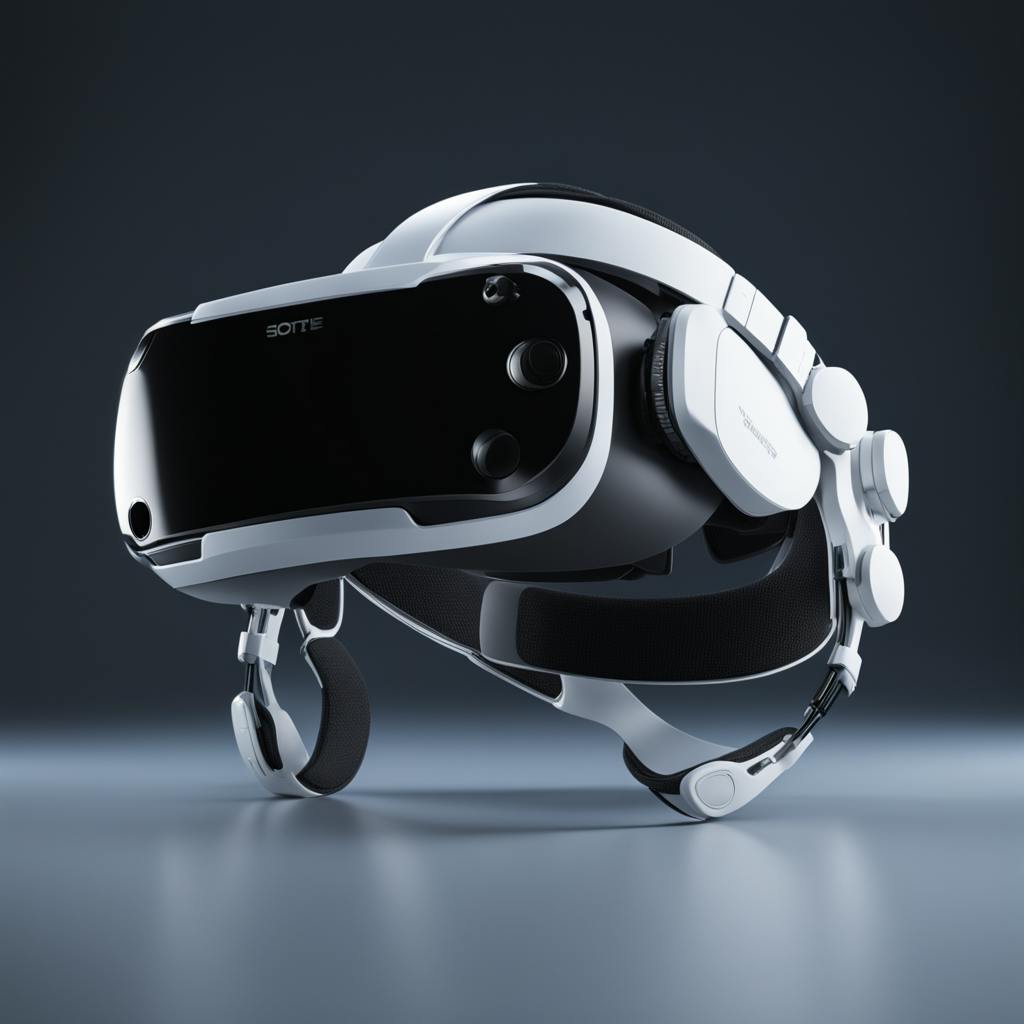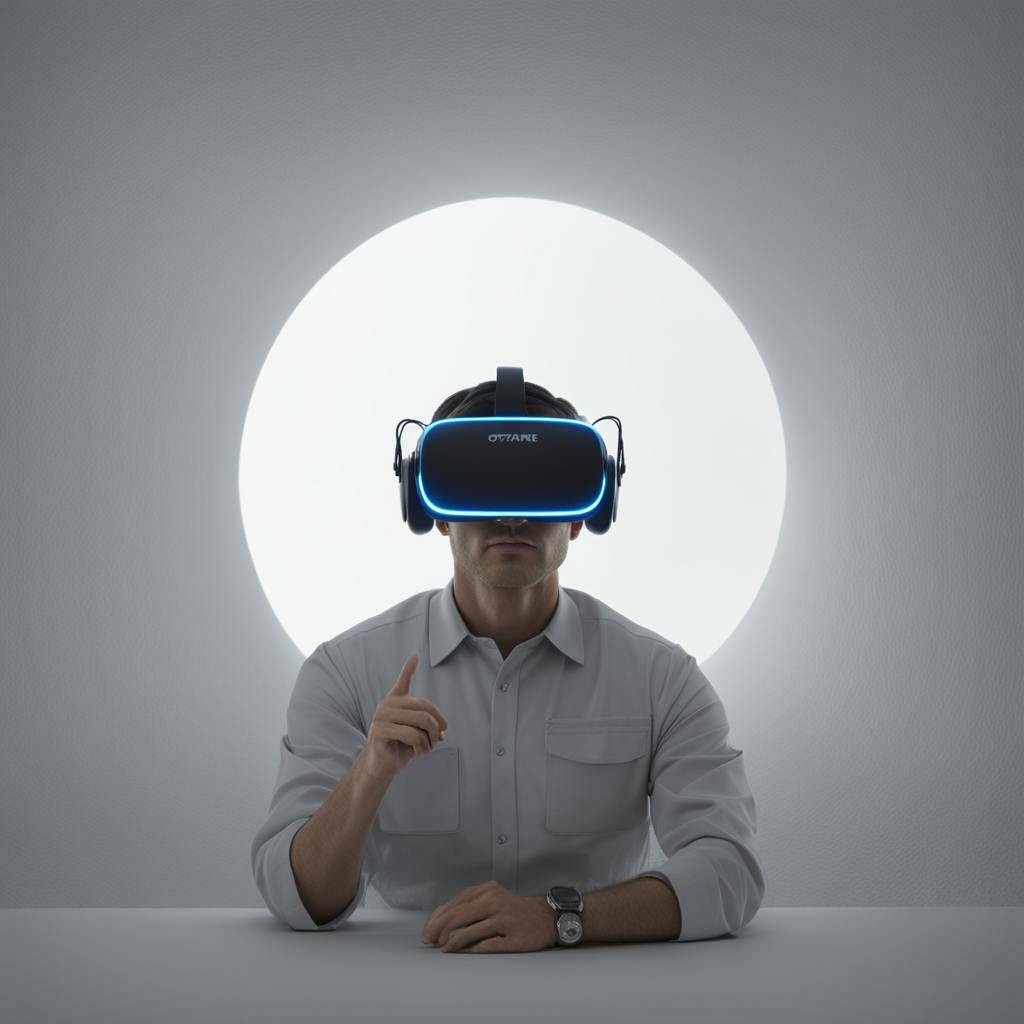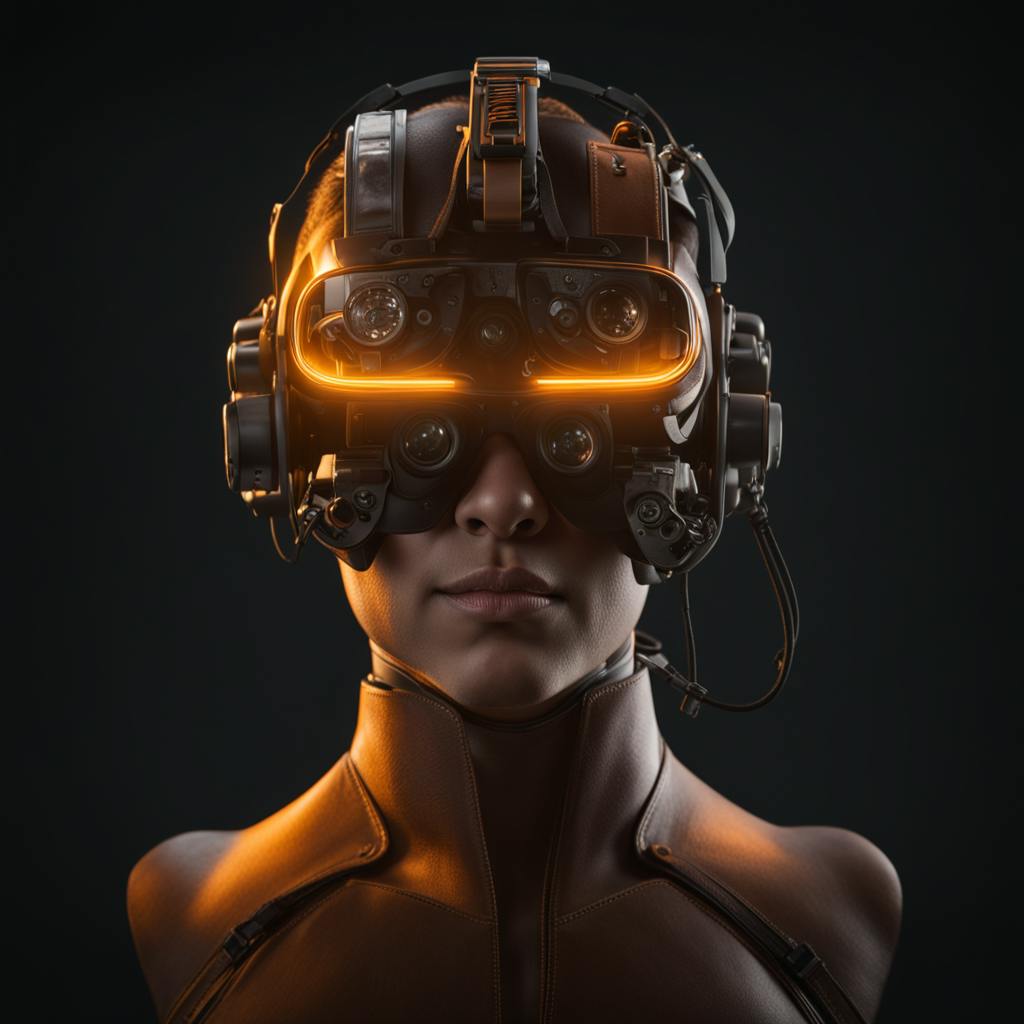In an era where technology and creativity converge, the entertainment industry finds itself at the precipice of a transformation driven by artificial intelligence (AI). From music composition to film production, AI in the entertainment industry has ushered in a plethora of innovative solutions that are reshaping how content is created, distributed, and consumed. As the lines blur between technology and artistic expression, this rapidly evolving landscape commands our attention and excites our imagination.
Understanding the Role of AI in Entertainment
AI, a subset of machine learning, leverages data to mimic human intelligence, enabling machines to perform tasks that usually require human cognition such as problem-solving and decision-making. Within the creative industries, AI technologies have been integrated into various facets of entertainment, enhancing capabilities and unlocking new possibilities. From CGI enhancements in movies to algorithm-driven music streaming platforms, AI applications are increasingly prevalent.
Key Points on AI's Impact
- Content Creation and Personalization: AI processes vast amounts of data to generate tailored recommendations and personalized content, thereby increasing user engagement. Services like Netflix and Spotify employ sophisticated AI algorithms to refine user experience by suggesting content based on viewing or listening history.
- Virtual and Augmented Reality: With AI, VR and AR experiences can be more immersive and responsive. For example, AI can dynamically alter virtual environments based on real-time user interactions, making the entertainment experiences more engaging.
- Efficient Production Workflows: AI streamlines production processes by automating mundane tasks. In movie production, AI tools can assist in editing by identifying the best footage sequences, saving time and costs while maintaining quality.
- Interactive Storytelling and Gaming: AI empowers developers to create dynamic storylines and intelligent non-player characters in video games, resulting in personalized gaming experiences that adapt to player choices.

AI made with Christophe Vacher
The Transformative Power of AI
The transformative power of AI in the creative industries transcends traditional boundaries. Artists and creators are leveraging AI to generate new forms of art and music, pushing the envelope of creativity. AI-driven tools enable filmmakers and musicians to explore uncharted territories, resulting in innovative content that captivates audiences.
AI's rise in the entertainment industry is not merely about enhancing existing processes; it's about fundamentally changing how we conceive of art, narrative, and engagement. This technological evolution invites us to rethink creativity itself, allowing human-machine collaboration to redefine what is possible.
Addressing Concerns and FAQs
Is AI replacing human creativity?
AI is not replacing human creativity; rather, it serves as an augmentative tool. Artists and creators orchestrate AI's capabilities to enhance their creative processes, fostering a new breed of art that combines human intuition with machine precision.
How does AI impact employment in the entertainment industry?
While AI may automate certain roles, it also creates new opportunities in technology development, content curation, and creative strategy. The industry will likely see a shift toward hybrid roles that require a synergy of artistic and technical skills.
Can AI cause ethical issues in entertainment?
AI applications in entertainment raise ethical questions around privacy, data security, and intellectual property. As the industry navigates these challenges, establishing frameworks for responsible AI usage becomes imperative.
FAQ: AI in the Entertainment Industry
How is AI technology transforming the entertainment industry?
Artificial Intelligence (AI) is revolutionizing the entertainment industry in multiple ways, fundamentally altering how content is created, distributed, and consumed. Below are several key areas impacted by AI:
Content Creation and Enhancement
- Scriptwriting and Story Development: AI algorithms are now being used to analyze script patterns, predict audience engagement, and even generate snippets of text or entire pieces of creative writing.
- Special Effects and CGI: AI tools streamline the creation of complex visual effects, making high-quality CGI more accessible and reducing production costs.
- Music and Audio Production: AI applications enable the generation of music tracks and soundscapes, as well as audio mastering, with AI-driven tools offering innovative sound design possibilities.
- Personalized Content Recommendations: Streaming platforms use AI algorithms to analyze users’ viewing habits and preferences, thereby offering personalized content recommendations that increase user engagement and satisfaction.
- Audience Analytics and Feedback: AI-powered analytics tools process large volumes of social media, review sites, and other data sources to gauge audience reactions, helping creators and marketers tailor content more effectively.
- Virtual Assistants and Chatbots: AI-driven virtual companions are being integrated into gaming and entertainment platforms to offer personalized support and enhance interactive experiences.
- Production Automation: AI tools help optimize shooting schedules and logistics in film and TV production, further increasing efficiency and reducing time-to-market.
What are the benefits of AI in the entertainment industry?
- Cost Efficiency: Automation and AI tools reduce labor-intensive tasks, cutting down on production costs and making high-quality content creation more affordable.
- Enhanced Creativity and Innovation: AI tools free up human creators from routine tasks, allowing them to focus on more strategic and creative aspects of production.
- Improved User Experience: With AI’s ability to offer personalized recommendations, audiences receive content that is more relevant to their tastes, enhancing their streaming or gaming experience.
- Increased Reach and Engagement: AI-driven analytics help in targeting the right audience with precision, maximizing the impact of marketing campaigns and increasing viewer engagement.
- Data-Driven Decision Making: With real-time data analysis, companies can make informed decisions rapidly, adapt to audience preferences, and minimize financial risks.

AI made with Christophe Vacher
What future trends can we expect with the rise of AI in the entertainment sector?
- Hyper-Personalized Content: AI is likely to drive the evolution of truly personalized transmedia experiences, where content adapts to individual user preferences dynamically across various platforms.
- Immersive Experiences: AI will play a critical role in the development of more sophisticated virtual and augmented reality experiences, enhancing interactivity and realism.
- Smarter Content Production Tools: The future may see AI systems capable of independently managing entire production workflows, from scripting to final edits.
- AI as a Creative Collaborator: AI systems designed to ideate alongside humans will emerge, contributing creatively to the writing, direction, and production processes.
- Dynamic Storytelling Platforms: Future entertainment platforms may use AI to offer branching narratives that change based on viewer choices and emotional responses in real-time.
What are some challenges faced by the entertainment industry in integrating AI technologies?
- Technical Integration: The compatibility of AI systems with existing tech infrastructure can be complex and costly, requiring significant investment in new technologies and skillsets.
- Intellectual Property Concerns: As AI-generated content becomes more prevalent, issues related to copyright and ownership rights can pose legal challenges.
- Algorithmic Bias: AI systems can inadvertently reinforce biases present in their training data, leading to skewed content presentation or audience recommendations.
- Quality Control: Ensuring that AI-generated content meets high standards of quality and creativity poses ongoing challenges, as AI needs adequate oversight and refinement.
- Ethical Considerations: Balancing the benefits of AI with privacy concerns and the potential for deep fakes or misuse of AI-generated content is a critical issue the industry must address.
- Job Displacement: As automation becomes more efficient, there could be industry-wide job shifts, necessitating retraining and reassignment for those whose tasks AI takes over.
Conclusion: Embracing the AI-Driven Future
As we venture into the digital age, AI in the entertainment industry represents not only a technological advancement but also a cultural shift. By redefining the boundaries of creativity, AI offers a glimpse into a future where human imagination and machine capabilities harmonize to create extraordinary experiences. The journey of AI in the entertainment landscape is just beginning, and as it unfolds, it promises unprecedented engagement and innovation that will captivate audiences for generations to come.

